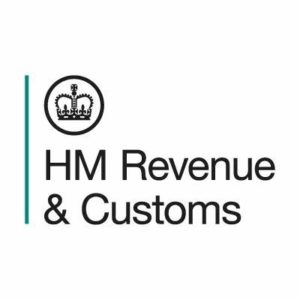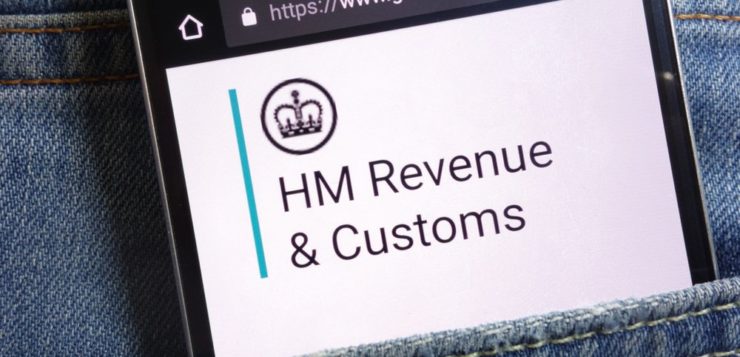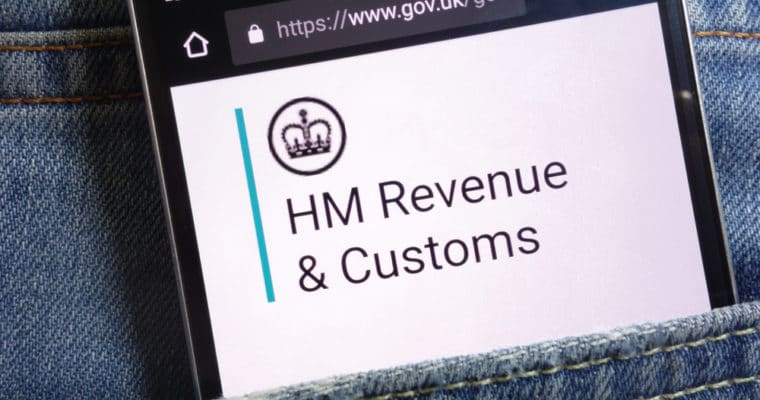
Her Majesty’s Revenue and Customs, the tax agency for the United Kingdom, has released a set of guidelines that are to guide crypto investors on how to make tax payments and how they should see their digital assets. The updated guidelines were drafted to help token holders to meet their taxation obligations by bringing clarity to a few uncertainties concerning the tax treatment of crypto assets.
According to the agency’s report, which was titled “Cryptoassets for Individuals,” cryptocurrencies are to be treated more as assets and property than they are to be treated as money. This perspective is one that comes in sharp contrast to those who believe that digital assets can be a form of currency.
Introducing the paper, HMRC writes, “The tax treatment of crypto assets continues to develop due to the evolving nature of the underlying technology and the areas in which crypto assets are used. As such, HMRC will look at the facts of each case and apply the relevant tax provisions according to what has taken place (rather than by reference to terminology). Our views may evolve further as the sector develops.”
UK Does Not Consider Digital Assets Money
For now, the paper doesn’t give any information about the obligations of crypto-based businesses and firms, although authorities have confirmed that such information will be appearing subsequently.
The report further explains that the government of the United Kingdom and the country’s tax agency don’t consider digital assets to be a form of money and that the task force which was charged with conducting an investigation on the case has confirmed the existence of only three types of tokens; utility tokens, exchange tokens, and security tokens.
Going forward, the definition of every token for tax compliance purposes would rely on the purpose for which each coin was developed, and not just its official designation, the report notes. This decision follows what’s applicable in most countries, where companies develop digital tokens and sell them as utilities when, in fact, they are securities.
More specifically, the report also states that individuals will be liable to make payments for Income Tax (IT) or Capital Gains Tax (CGT), depending on the kind of cryptocurrencies- and crypto-based transactions- that they are involved in.
In the case of workers earning their wages or salaries on cryptocurrency, these workers will be liable to make payments of social security contributions, known as National Insurance (NI).
Per the report, the HMRC also made clear its position on tax liability for cryptocurrency loss or theft. In such cases, the HMRC declares that the victim is still recognized as the owner of the assets and has the right to recover them, which means that their CGT obligations will still stand until the lost assets become permanently inaccessible.
Featured image from Shutterstock. HMRC logo from the department’s Facebook page.
Get Exclusive Crypto Analysis by Professional Traders and Investors on Hacked.com. Sign up now and get the first month for free. Click here.






